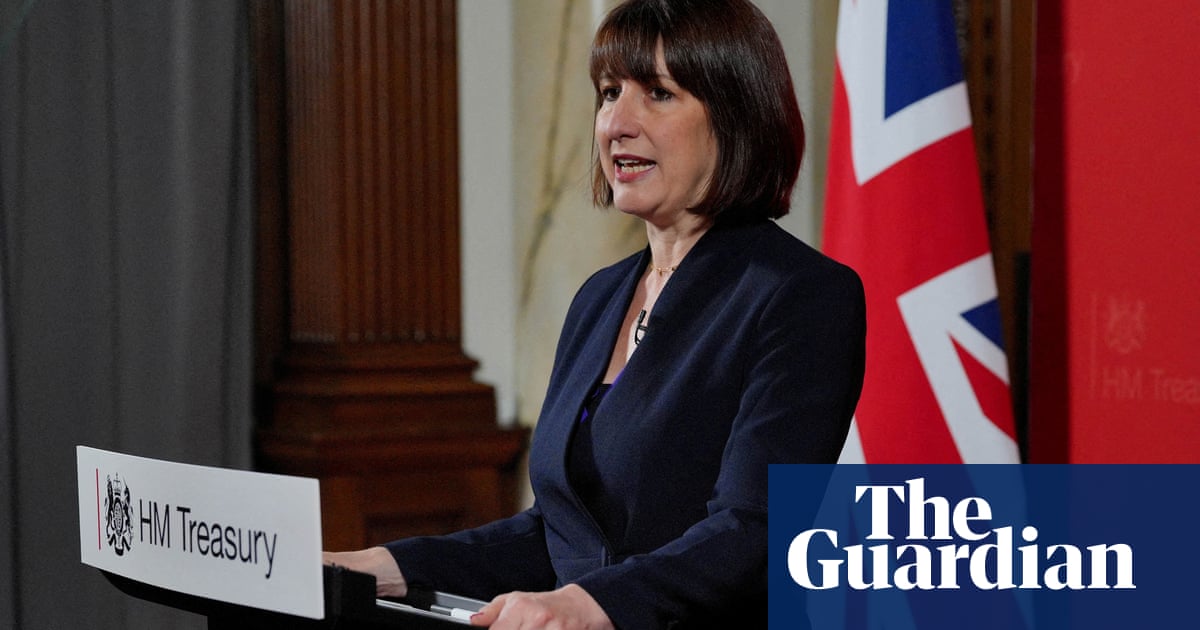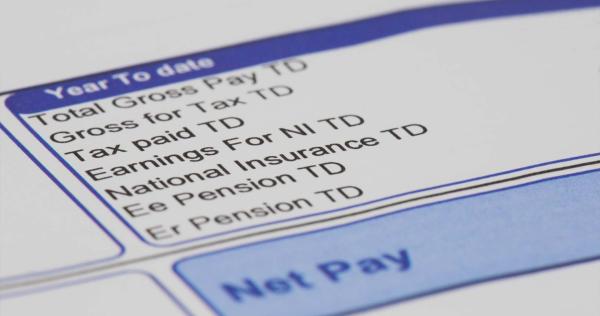dsr-burnley
Well-known member
- Aug 15, 2014
- 2,817
If they restrict it only to those on pension credit, then it should be as easy to administer as it is now - just add it to the pension credit rather than to the basic pension. (If they hadn't already done the means testing for pension credit, then it probably would cost more than it would save.)I recall an argument that it would cost more to administer this change than the amount of money actually saved.



